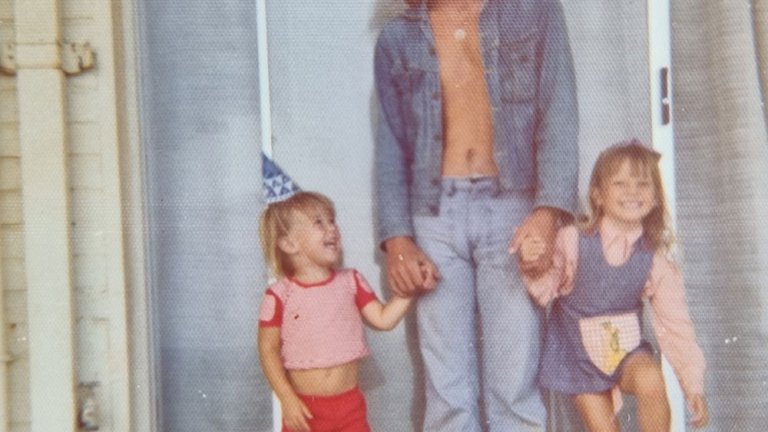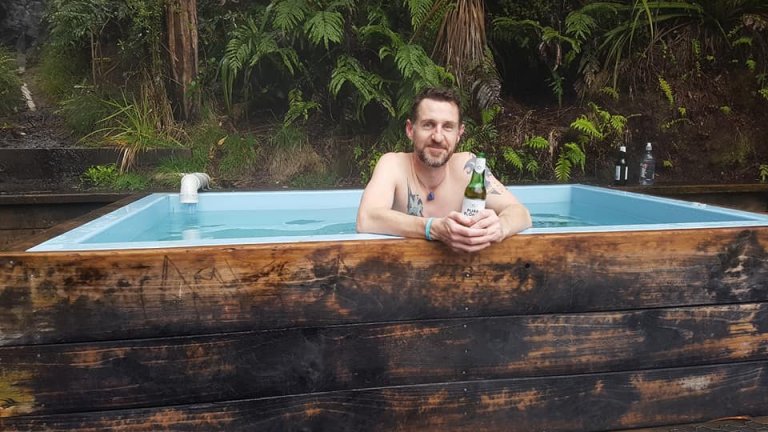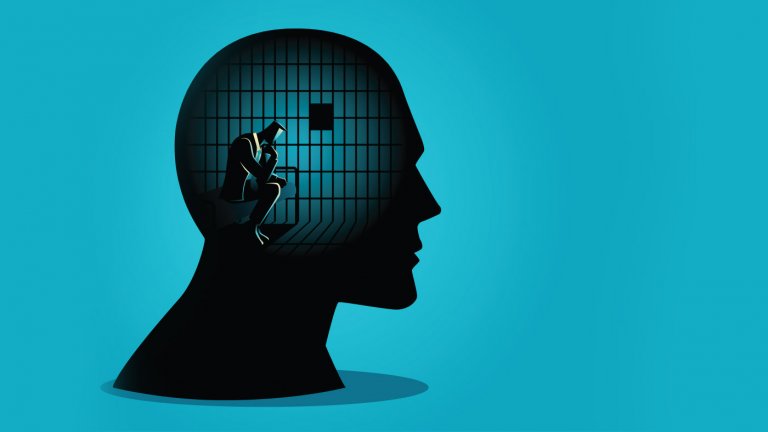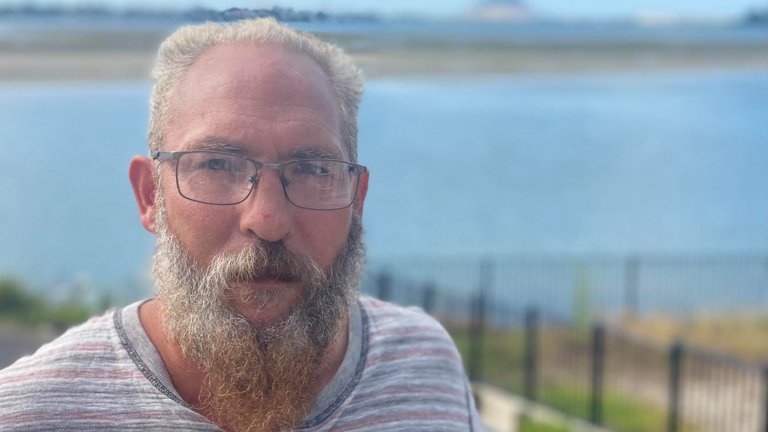Bungee Jumping's Forgotten Pioneer
The old man staggered over to me, red wine stains on his mouth “why don't you do something worthwhile with your time?? I've got friends that have helped put rockets into space and a man on the moon and you're out here doing this?”. Both myself and my good friend Johnny Beever chuckled at the irony in having a drunk bloke at 10am in Oxford city centre telling us to do something better with our time. Granted, we were selling Donald Trump toilet paper and shouting “Americas number one for your number twos!” at the top of our lungs. Which isn't exactly comparable to rocket science...
That was the first time I met David Kirke, New Zealand's forgotten pioneer and the worlds first bungee jumper.
Who you ask? Most people in New Zealand would never have heard the name David Kirke the man that created the now quintessentially Kiwi extreme sport with an illegal jump from the Clifton Suspension Bridge in 1979 at the city of Bristol, England.
After an all night bender, on April 1st 1979 in the very well-to-do neighbourhood of Clifton, David and three of his friends, Simon Keeling, who went on to become a financier. Alan Weston, who eventually became Director of Programs at NASA and Tim Hunt, The brother of racing driver James Hunt, took to the bridge wearing top hats and tails. With a mask over his face so his mother wouldn't recognise him in the newspapers and a bottle of Champagne in his hand, he leapt. David was connected by elasticated cords tied to Brunel's famous bridge. Neither he nor his accomplices had tested the cords because in their own words. “Being an extreme sport, it must have an element of danger and testing the cords would be ungentlemanly and unsportsmanlike.” Bungy jumping - Kirke originally spelled the word with a 'y' not 'ee' - had been invented.

Three other club members peered over the edge of the bridge. Noticing David Kirke had bounced back and was safe, they too leapt over. But the authorities were not happy. The four men were pulled up and arrested by police. Today bye-laws prohibit bungee jumping at the bridge - and few places in the UK would allow it. The group later tried bungee jumping elsewhere in the world, in the USA and in Japan. Inspired by their work, AJ Hackett developed the sport from 1988 and New Zealand since became the unofficial home of bungee jumping.
Forty years after its invention, few realise that the sport's origins are from a Victorian bridge in the West Country of England. David Kirke also went on to try to develop Microlighting and other extreme sports. He was once fired from an aircraft launcher from a cliff in Ireland, breaking his spine in three places. On another occasion he orchestrated a stunt in which an accomplice flew a microlight around the houses of parliament in London wearing a gorilla suit. Which garnered worldwide headlines. They were able to land the pilot of the craft into a field outside of London and bundle him into the back of a Jaguar before the authorities arrived.
I unfortunately have lost touch with David Kirke but thought that New Zealand deserved to know and pay homage to the man who single handedly created an entire industry which, over the last 30 years has created countless jobs and billions in revenue for the New Zealand economy. The last time I met David he stocked up on toilet paper for his friends. He confessed the first time he got the wrong end of the stick as he had had a drink or two and thought my friend and I were promoting the American president. I'm glad he thinks now that what we were doing was worthwhile. Albeit completely ridiculous.
If anyone knows the whereabouts of David Kirke please get in touch via Kiwis For Good as I would love to see him again.






